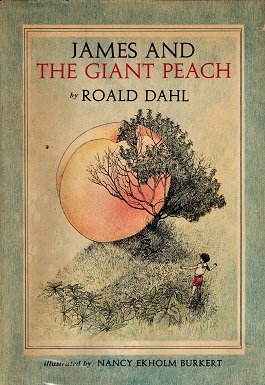Jaroslav Seifert
Explore the comprehensive timeline of Jaroslav Seifert, the celebrated Czech poet and Nobel laureate. Discover key milestones in his life, including his early years, literary career, pivotal works, political involvement, and lasting legacy in the world of literature.
Birth of Jaroslav Seifert
Jaroslav Seifert was born on September 23, 1901, in Žižkov, a district of Prague, which was then part of Austria-Hungary. He was the only son in a working-class family. His mother, a Catholic, was a seamstress, and his father, a socialist, was a painter and wallpaper hanger. Seifert grew up in a household that valued literature and culture and went on to become one of the most significant Czech poets of the 20th century.
Founding Member of the Communist Party of Czechoslovakia
In May 1921, Jaroslav Seifert became a founding member of the Communist Party of Czechoslovakia. He was actively involved in the leftist political movement and worked as a journalist and editor for several communist newspapers and magazines. During this time, Seifert's early poetry reflected his political beliefs and was often written in a proletarian style.
Expulsion from the Communist Party
In March 1929, Jaroslav Seifert, along with several other prominent writers, was expelled from the Communist Party of Czechoslovakia. The expulsion was due to their opposition to the new Stalinist leadership within the party. Despite this setback, Seifert continued to write and publish poetry, eventually taking a more moderate political stance in his later work.
Received the National Prize for Literature
On October 28, 1945, Jaroslav Seifert was awarded the National Prize for Literature by the Czechoslovak government. This prestigious award was given in recognition of his significant contributions to Czech literature and his role in promoting Czech cultural identity through his poetry. Seifert's work during this period was characterized by a focus on national themes and a celebration of the Czech language.
Published 'Maminka' (Mother)
In November 1956, Jaroslav Seifert published his acclaimed poetry collection 'Maminka' (Mother), which became one of his most beloved works. The collection features poems that express strong emotions and personal reflections on his relationship with his mother. Seifert's ability to convey profound sentiments with simplicity and elegance earned him a special place in the hearts of Czech readers.
Became First President of the Czechoslovak Writers' Union
On January 7, 1967, Jaroslav Seifert was elected the first president of the newly established Czechoslovak Writers' Union. His election came during a time of increasing liberalization in Czechoslovakia, known as the Prague Spring, when intellectuals and artists were advocating for political reforms. Seifert's leadership in the union was seen as a step towards greater freedom of expression.
Awarded Nobel Prize in Literature
Jaroslav Seifert was awarded the Nobel Prize in Literature on December 10, 1984, becoming the first Czech writer to receive this honor. The Nobel Committee recognized Seifert's poetry for its artistic purity and emotional depth, highlighting his lifelong dedication to the craft and his enduring influence on Czech literature. Seifert's Nobel win was celebrated as a national achievement.
Death of Jaroslav Seifert
Jaroslav Seifert passed away on January 10, 1986, in Prague, Czechoslovakia, at the age of 84. His death marked the end of an era for Czech literature, as he was one of the most influential poets of his time. Seifert's legacy, celebrated through his poetry and his efforts to promote Czech culture, continues to inspire writers and readers today.
Publication of 'Jaroslav Seifert: The Early Career of a Czech National Poet'
On November 5, 1996, the book 'Jaroslav Seifert: The Early Career of a Czech National Poet' was published, shedding light on the formative years of Seifert's life and career. The book explores his development as a poet and his influence on Czech literature throughout the 20th century. It remains a valuable resource for scholars and fans of Seifert's work.
115th Anniversary of Birth Celebrated with Special Exhibit
On September 23, 2016, the 115th anniversary of Jaroslav Seifert's birth was celebrated with a special exhibition at the Museum of Czech Literature in Prague. The exhibit featured unique manuscripts, photographs, and personal items belonging to Seifert, offering visitors an intimate look at the life and work of the renowned poet. The celebration underscored Seifert's lasting impact on Czech cultural heritage.
Frequently asked questions about Jaroslav Seifert
Discover commonly asked questions regarding Jaroslav Seifert. If there are any questions we may have overlooked, please let us know.
When did Jaroslav Seifert receive the Nobel Prize in Literature?
When did Jaroslav Seifert pass away?
When was Jaroslav Seifert born?
What are some significant milestones in Jaroslav Seifert's career?
Related timelines
More timelines connected to Jaroslav Seifert







